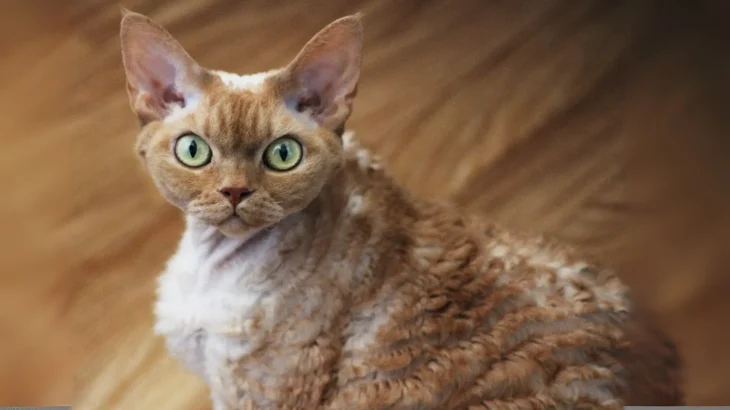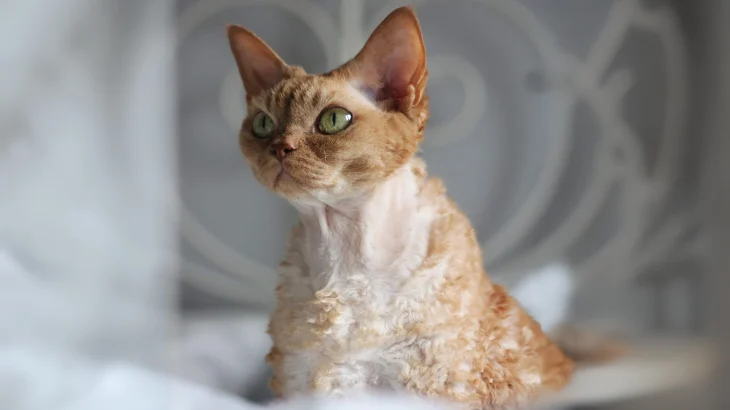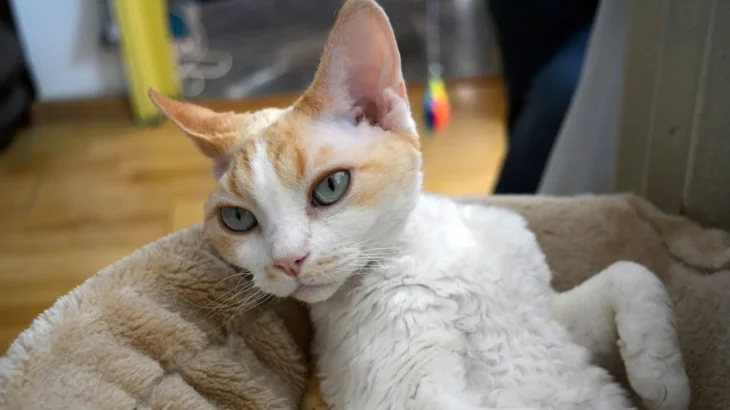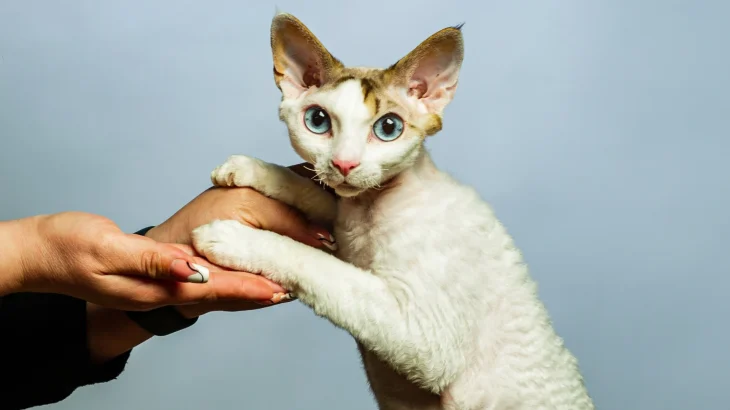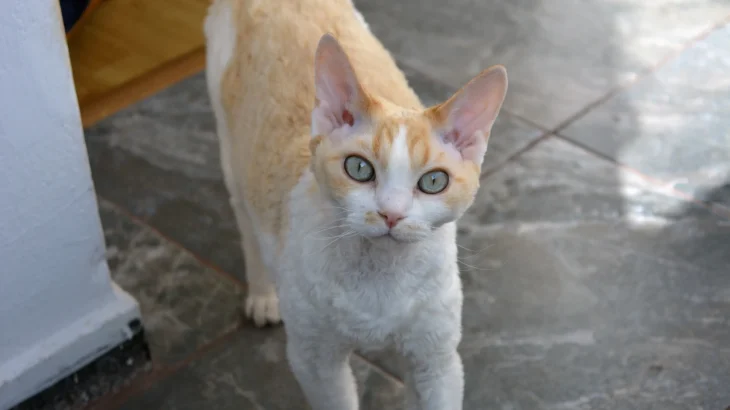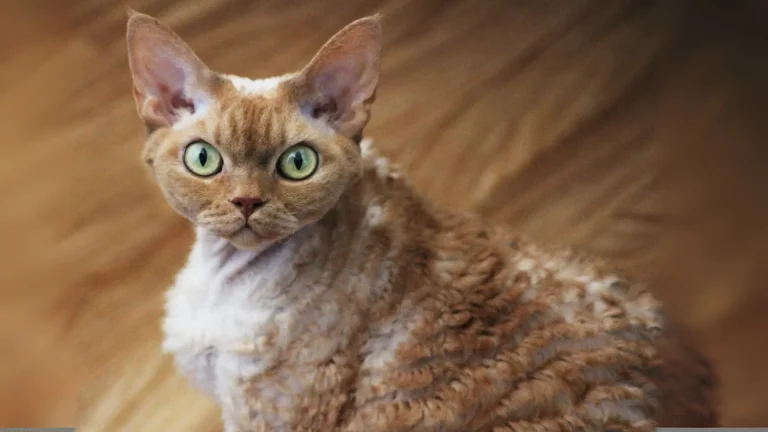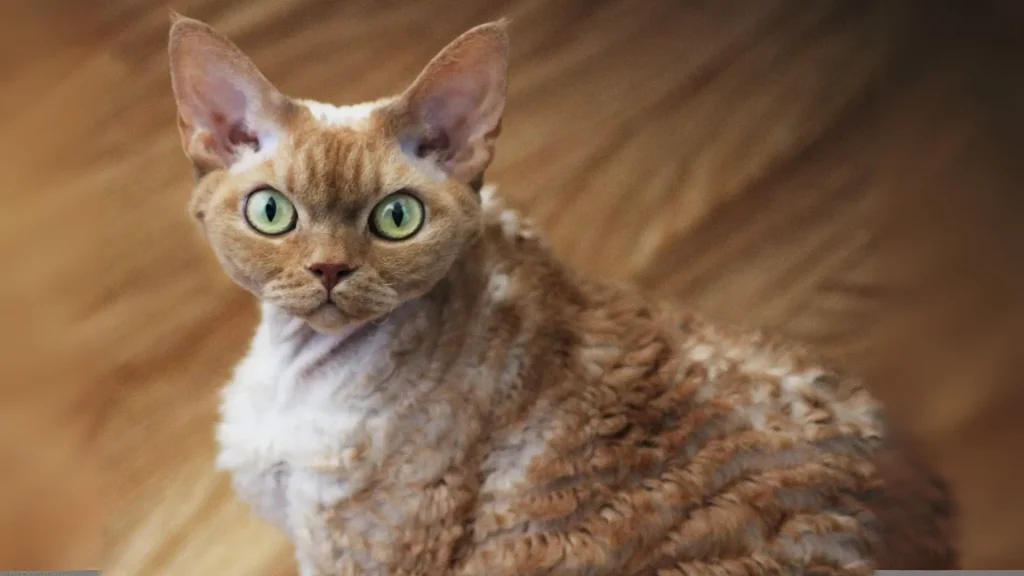When deciding to bring a Devon Rex kitten into your home, you might wonder whether to adopt or buy from a breeder. Each option offers unique benefits and considerations, especially regarding health information and ethical aspects related to breed preservation. Understanding these differences can help you make an informed choice that suits your priorities and lifestyle.
| Criteria | Buying from Breeder | Adopting from Shelter/Rescue |
|---|---|---|
| Cost | Generally higher; Devon Rex kittens from breeders often come with a premium price reflecting breed purity and care. | Usually lower adoption fees, making it more budget-friendly while giving a cat a second chance. |
| Health History | Comprehensive health screening and genetic testing are usually available, offering insight into potential hereditary conditions. | Health history may be incomplete or unknown, but shelters often perform basic health assessments before adoption. |
| Age Availability | Mostly young kittens are available, allowing you to raise the cat from an early stage. | Offers a range of ages, including adults and seniors, ideal if you prefer an older cat. |
| Temperament Insight | Breeders often know the kitten's lineage and can predict temperament traits based on parents and genetics. | Shelter staff can share observations on behavior and personality, though lineage details may be limited. |
| Supporting Practices | Supports responsible breeding efforts to maintain breed standards but requires careful breeder selection to avoid unethical practices. | Supports animal welfare by providing homes to cats who might otherwise face uncertain futures. |
| Ethical Considerations | Buying from a reputable breeder helps preserve the breed but care must be taken to avoid supporting unethical operations. | Adoption reduces demand for commercial breeding and helps combat pet overpopulation. |

